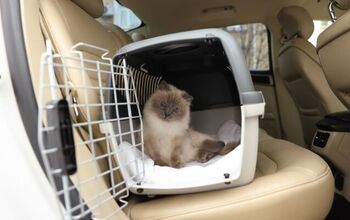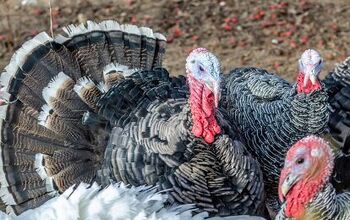The world’s largest registry of purebred cats, the Cat Fanciers’ Association has revealed the top 15 most popular pedigreed cat breeds, based on registration data collected in 2023. Can you guess which felines made the cut?No list of the most popular cat breeds would be complete without the Bengal cat. Starting this list at number 15 is the Bengal. Originating in the United States, the Bengal cat is a hybrid created by crossing an Asian leopard cat with a domestic cat. Best known for their wild appearance and leopard-like coat, Bengals are playful and affectionate cats that make excellent companions for families with children.Coming in at number 14 is the Oriental Shorthair cat. Officially recognized by the CFA in 1977, the Oriental is a medium-sized cat with a long, elegant body, large ears, and almond-shaped eyes. Curious, intelligent, and friendly Orientals are a great choice for families looking for an affectionate, devoted, and friendly feline companion.At number 13 is the Norwegian forest cat. Large in size, the Norwegian forest cat has a robust body, long legs, and a thick, fluffy coat that keeps it warm in the cold weather. This smart, independent, and friendly cat is a great pick for busy people.The Russian blue cat takes the 12th place. The short, plush coat that varies in color from light silver to darker slate gray, and expressive green eyes are this breed’s signature traits. Russian blue cats are intelligent and active by nature and require mental and physical stimulation to thrive.Next on the list, at number 11 is the American shorthair cat. Known for its rounded and thick appearance, the American shorthair was recognized in 1906. This easygoing and friendly cat makes a loving companion for families looking for a low-maintenance cat.The hairless Sphynx takes the 10th place. Originating in Canada, this breed is best known for its lack of fur. Highly energetic, playful, and affectionate Sphynx gets along well with children and other pets and even makes a great therapy cat.At number 9 is the Siberian cat. Large in size and slow to mature, the Siberian cat can weigh up to 15 pounds and has a thick triple coat. Their dog-like personality and intelligent nature make them a great choice for people looking for an affectionate and playful furry companion. The Scottish fold takes the 8th place. Medium in size, the Scottish fold has a round head, round eyes, and small folded ears. Their sweet nature and cute looks make them a popular choice among cat fanciers.In 7th place is the Abyssinian cat, famous for its distinctive thicked tabby coat. Thanks to their playful, active, and intelligent natures, Abyssinians make great family pets.The British shorthair comes in 6th place. Described as the teddy bear of cat breeds both in looks and personality, the British shorthair is suited to just about any type of household. This time the Devon Rex takes the 5th place. Best known for its pixie-like appearance, the Devon Rex has an oddly shaped head, large eyes, and a wavy coat. The mischievous, playful, and loving Devon Rex makes a great pet for people looking for a cuddly and companionable cat.In the 4th place is the Exotic Shorthair cat. Developed as the shorthaired version of the Persian cat, the Exotic Shorthair has a round appearance and a charming personality. Next up, in the 3td place, is the Persian cat. Best known for its long coat, and round, flat face, the Persian cat has been one of the most popular cat breeds worldwide for many years. Their sweet-tempered, gentle, and adaptable nature makes them a great pet for people of all ages.In 2nd place is the Maine Coon. Known as the gentle giant, the Maine Coon is one of the largest breeds of domestic cats. Its massive size and friendly nature make it a great choice for people looking for a large, playful feline.And the 1st place goes to the Ragdoll cat. Large in size, the Ragdoll has a semi-long silky coat, tufted ears, blue eyes, and a bushy tail. Affectionate, docile, and friendly Ragdolls are ultimate lap cats and fantastic family pets.Join the PetGuide community. Get the latest pet news and product recommendations by subscribing to our newsletter here.

























